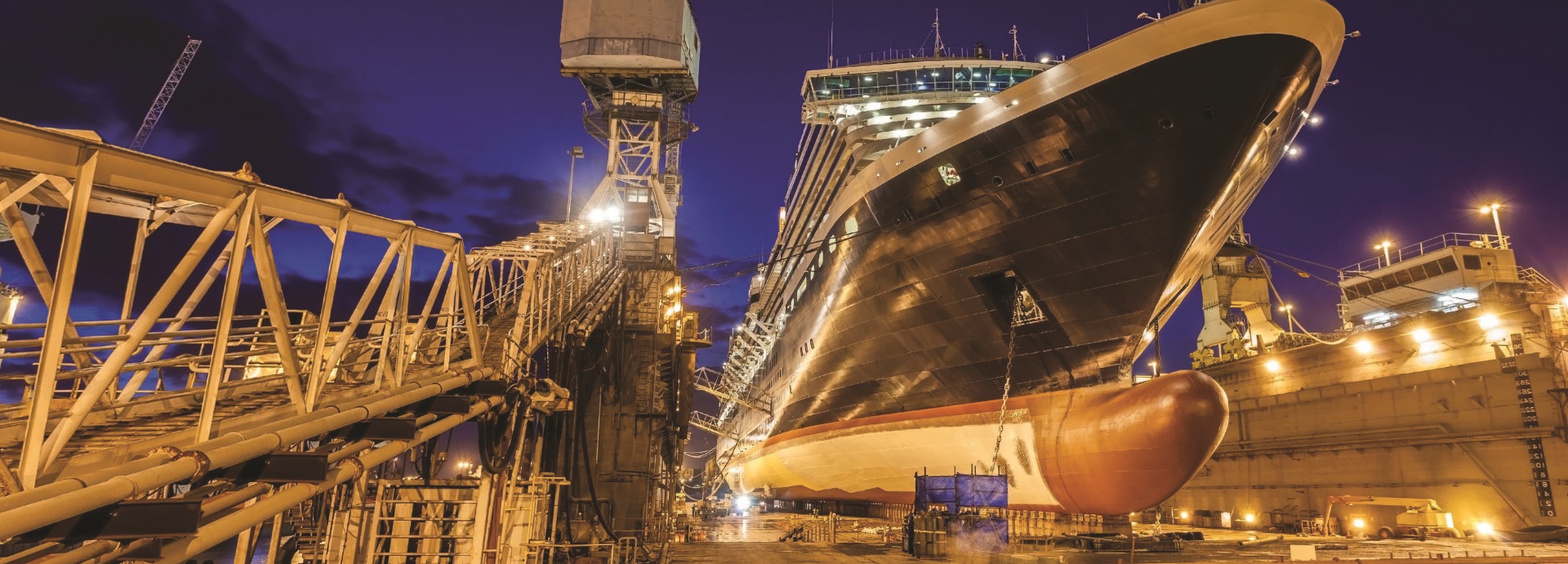

Ships now have to comply with the D2-2 standard, meaning they must have a ballast water treatment system installed. This white paper aims to highlight the regulations and requirements needed for ship operators to be able to operate in sensitive waters. It will also expand on the other complementary services ship operators can action in addition to ballast water, such as upgrading shaft seals, bearings and installing complementary monitoring systems to support towards enhancing operations.

Contents
- Introduction
- Ballast Water Management Systems (BWMS)
- Why treatment is needed
- Environmental leadership
- Risk reduction
- Risk of system breakdown if water enters the stern tube
- Eliminating oil leakage
- Our seals and bearings portfolio
- Wärtsilä Airguard seal
- Environmentally friendly solution
- Wärtsilä Portable Condition Based Monitoring System
- Dynamic alignment
- Wärtsilä Portable Condition Based Monitoring System
- How does the portable condition based monitoring service work?
- Securing vessel uptime
- Wärtsilä Shaft Line Repair Services
- Summary
Get your free paper



